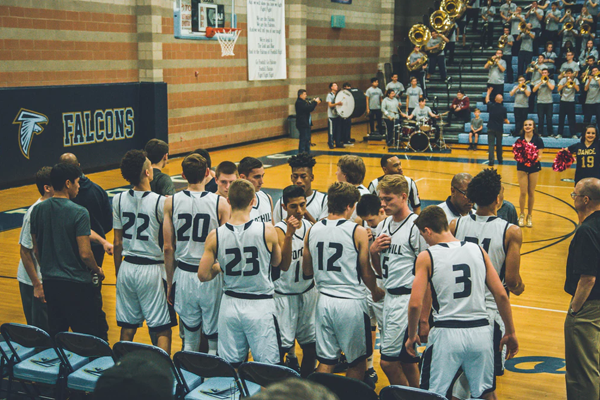Kids love playing sports. And parents love that their kids can get all of that excess energy out while learning the benefits of hard work and comradery.
But with the thrill of competition comes the hard reality: that sometimes you lose. Some children are barely affected by a loss. They are truly happy just running around on the field or court with their friends. Other children, however, can be almost devastated by a loss.
There are a few things you can do if your child seems to struggle after losing a game:
Listen
Don’t assume you know exactly what is bothering your child. Before you provide any advice, listen to how and what they are feeling so you know how best to address the issue.
Ask Questions
Some kids, especially very young ones, may have a hard time processing their feelings. They know they feel bad, but they can’t express exactly what it is that is bothering them. Consider asking questions like:
• What part of the game was the most and least fun for you?
• Were you satisfied with your efforts?
• What did you think you did well, and what could you work on for the next game?
• What was something important you learned from today’s game?
Don’t Deny Reality
There is no point in telling your child that it doesn’t matter (when it does to them) or that they did great (if they didn’t). They know the truth and if you’re denying it, they’ll have a hard time believing anything you say in the future.
Instead of denying reality, be open with your child while gently guiding the conversation toward future strategies for positive outcomes.
Don’t Try to Protect Your Child
Many parents try to shield their child from feeling any negative emotions. While you may think you are protecting your child, the fact is, disappointment and loss is a part of life. Losing a game is actually a pretty good life lesson.
Disappointment and sadness feel bad, but you don’t want to teach your child to avoid bad feelings. These feelings play a key role in your child’s emotional, intellectual and social development. It is important for your child to learn to deal with setbacks now so they don’t derail them as adults.
Avoid your instinct to “protect” your child from disappointment. Instead, guide them through their emotions and help them learn to cope.
If your child has a particularly hard time dealing with loss and disappointment and you would like to have them talk to someone, please be in touch. We’d be happy to discuss treatment options.

How to Help Your Child Transition into a 2-Home Scenario After Divorce
Going through a divorce can be a tumultuous time for any adult, and for children it can feel like their world is falling apart. It can be confusing for children to have two homes, particularly in the early stages of divorce. But there are ways to bring positivity and...
How to Help Children Understand a Parent’s Depression
Many parents experience clinical depression each year. As if the disease weren’t enough, recognizing its effects on your children can be quite painful.Studies have shown that children of depressed parents are at greater risk of not only developing depression...
How To Help Your Child Who Is Being Bullied
Watching your child endure bullying and harassment from their peers is a difficult and painful experience for most parents. We want our children to be happy and healthy, and when they hurt, we hurt. Whether they’re at school or just looking at Snapchat on their...
Quick! Get Your "Top Tips For Getting the Most Out of Counseling" Cheatsheet!
Like some of what you've seen and want to see more? Sign up for our Mailing List for a free cheat sheet on making the most out of counseling. Our list members also gain access to exclusive specials and announcements, as well as the latest from our Counseling Blog!





